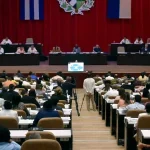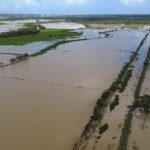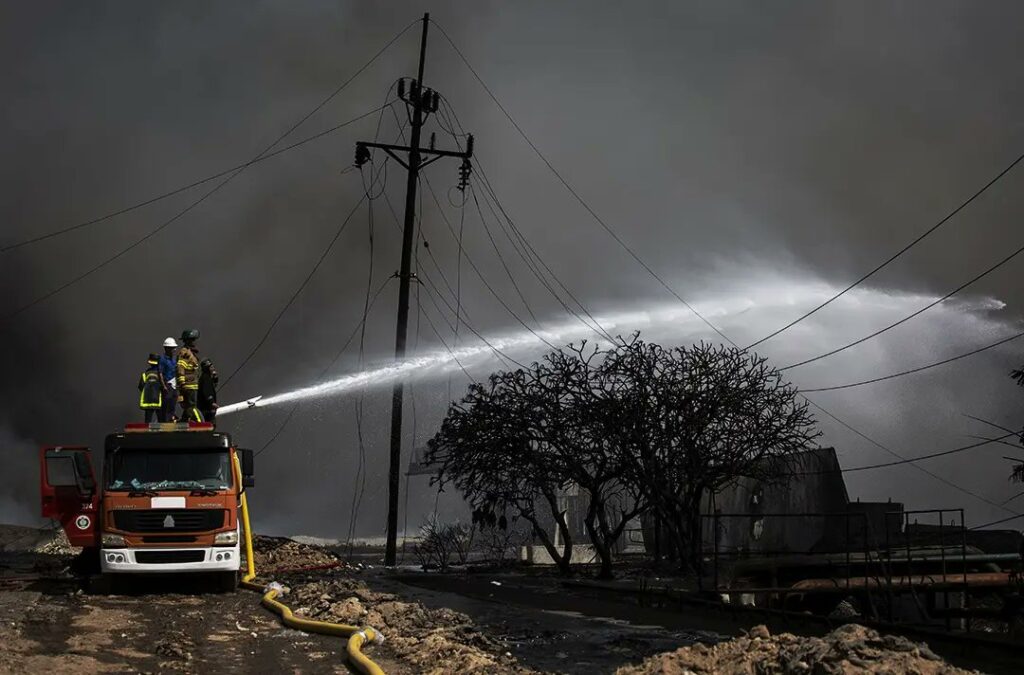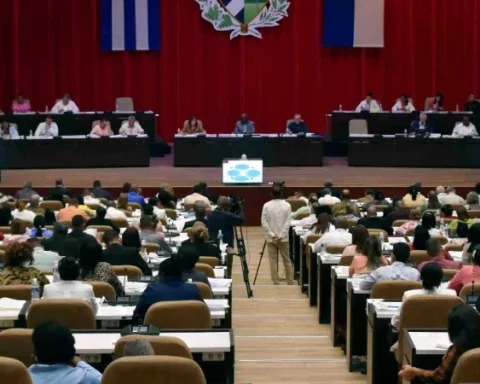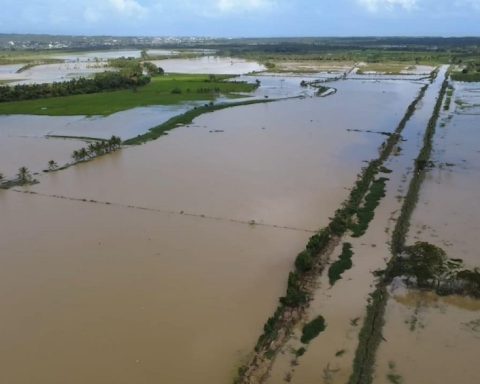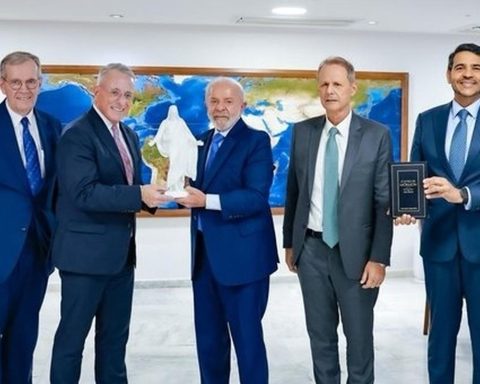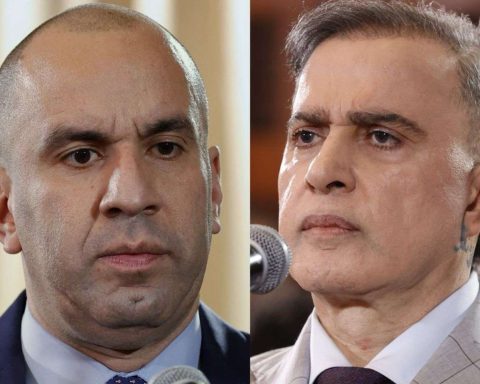The President Gustavo Petro and his cabinet andThey undertook this week the task of leading the country, but there are already several challenges in sight perceived by both the government and the market.
(See: Three key points of the new tax reform project).
Yesterday Corficolombiana held the forum ‘Economic challenges of the new Government’, where several of the circumstances that the new administration will face.
The firm’s head of economic research, José Ignacio López, assured that although there is “an important number of challenges”, there are a few that appear as priorities.
“The first challenge is to continue promoting the economy, but not to leave employment behind; another challenge is that we have an economy that has recovered, but that is showing a tendency to fall in investment rates, which is the seed for the future, and in savings ratesLopez assured.
According to the economist, fiscal policy appears as one of the most important points that the government will have to manage, and there the new tax reform that was filed this week will be the axis of action.
(See: Analysis: details of the Petro government’s tax proposal).
López acknowledged that the reform incorporates important elements, such as the reduction of exemptions, which would reduce the horizontal inequity of effective rates at the sector level, but questioned it would leave the mining-energy and financial sectors with higher effective rates permanently.
“In structural terms, it is not a reform that corrects the great deficiency of the country, because it ends up falling in corporate taxes,” he said.
The reform would keep the surcharge of 3 percentage points on rent for the banking sector and $7 billion is expected from the side of the hydrocarbon and mining companies, and $5 billion from the income tax side as a result of the elimination of those same exemptions.
(See: ‘Petro tax would be the most ambitious in the country’s history’).
“Additional revenue from tax reform would not be enough to expand spending programs due to onerous fuel subsidy“said the analyst.
Regarding the energy transition, he said that it cannot be postponed, but the country must extend its energy self-sufficiency. “Without substantial additions to gas reserves, local production will be insufficient to supply demand from early 2024,” the Corficolombiana spokesperson said.
(See: Blood sausage tax? Food that would be taxed in the tax).
BRIEFCASE






